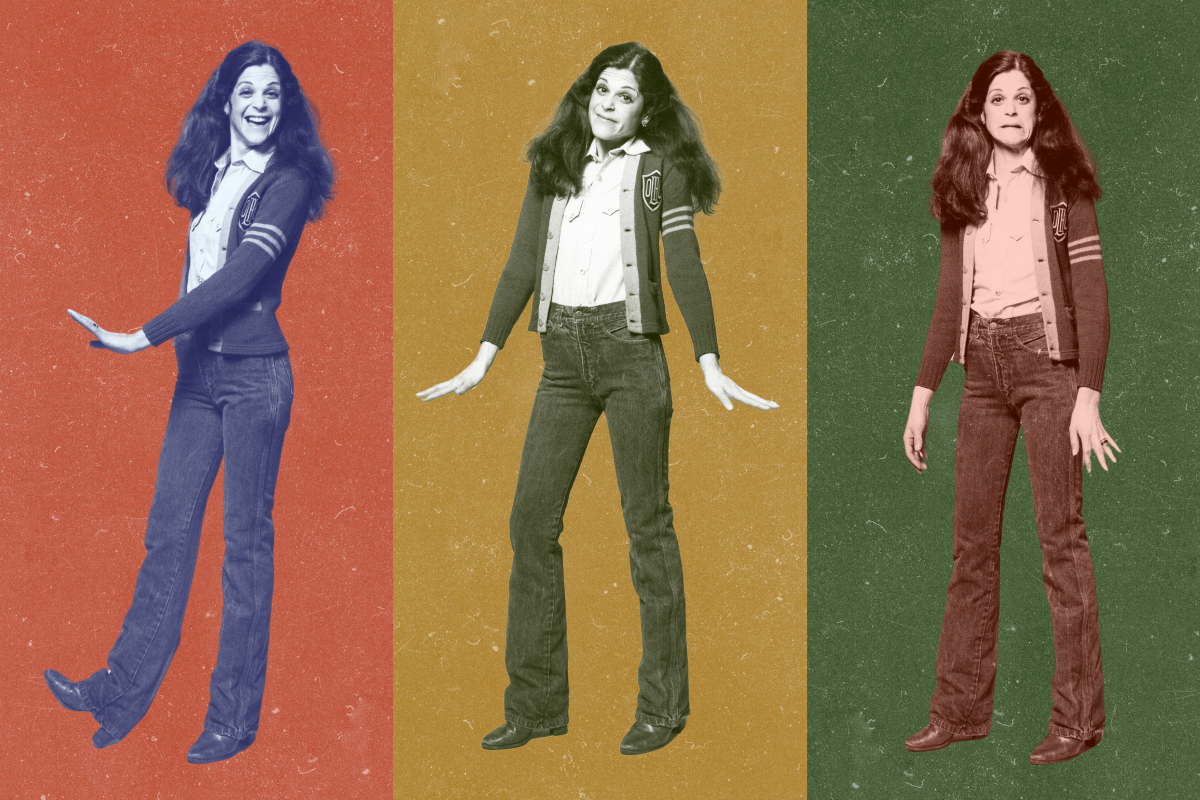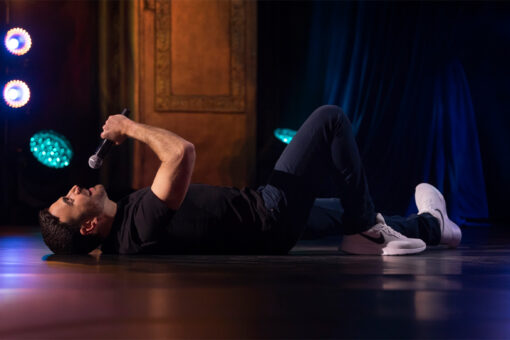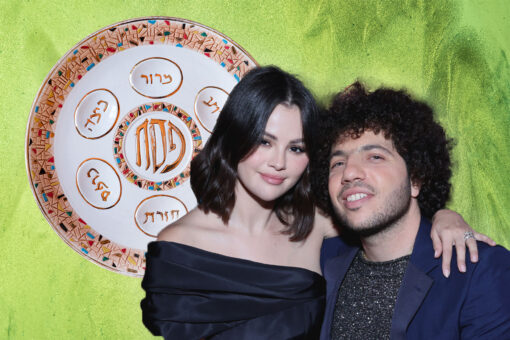When Deadline announced the cast for the upcoming “Saturday Night Live” biographical movie “Saturday Night,” I was pretty sure the news would hurt my feelings. It did.
There are some choices I love. “Fabelmans” actor Gabriel LaBelle is slated to play longtime “SNL” Executive Producer Lorne Michaels and Lamorne Morris, of “New Girl” fame, will take on original “SNL” cast member Garrett Morris. But — almost predictably at this point — neither Ella Hunt nor Emily Fairn, the actresses playing Gilda Radner and Laraine Newman respectively, are Jewish. (What, were Laraine’s children Hannah Einbinder and Spike Einbinder, notable comedians in their own right, not available?) Seeing that in print, that these women with perfectly placed hair and soft features would take on the role of my frizzy-haired, sharp-tongued Jewish idols, stung.
Believe it or not, I actually don’t belong to the camp that all Jewish characters need to be played by Jewish actors. Unless the portrayal is handled carelessly — I’m looking at you, Bradley Cooper — I don’t see why a non-Jewish actor shouldn’t be allowed to inhabit a Jewish story. After sitting with my reaction to the Gilda and Laraine casting news, I still think that’s true. Because at least with Gilda Radner, I don’t need an actress to tell me that she was Jewish. Gilda Radner is the blueprint for what it means to be a Jewess comedian. She told us she was Jewish plenty herself.
My dad first introduced me to SNL when I was in middle school. After I started watching the show in its ’08 -’09 season, he pulled out his DVD sets of the original seasons of “Saturday Night Live” with the promise I had never seen anything like it. He was right. I had never seen anyone or anything like Gilda Radner before — everything about her demanded my attention. In sketches mostly filled with men, Radner stood out through her pure physicality, literally leaping and pirouetting across the 8H stage in sketches like “Dancing in the Dark” from 1978. At the same time that she had seemingly boundless, frenetic energy (shockingly no thanks to the cocaine and heroin other “SNL” cast members were on), her parodies and impersonations of celebrities like Patti Smith and Barbara Walters were deeply precise. Even just the look in Gilda’s eyes as she poked fun at someone, like in the “Extremely Stupid” sketch when host Candice Bergen flubbed a line, became sacred to me.
I didn’t know the details about Gilda’s Jewish background when I watched episode after episode. I didn’t know that her grandfather emigrated to the U.S. from Lithuania and founded a kosher meat company in Detroit, or that she attended Hebrew school. I didn’t need that context because Gilda brought her Jewishness onstage with her. As recurring character Rhonda Weiss, a singer, Gilda lovingly and authentically parodied the “Jewish American Princess” trope before it became oversaturated in pop culture. In the 1977 cold open “Goodbye Saccharine,” Rhonda protests the possible ban of an artificial sweetener. “None of the guys I knew went to Vietnam. They all went to law school,” the pioneer of “Schmaltz pop” says in a thick New York-Yiddishkeit accent, explaining how protests are new for her. She goes on, “I read in the National Enquirer that the Food and Drug Administration was considering banning saccharine from the market. I nearly died.”
It’s a line delivery that can be best described as one of those things that isn’t explicitly Jewish, but is also wholly Jewish.
In 1980, Rhonda Weiss returned again in the iconic “Jewess Jeans” sketch. Marketing ultra-tight, high-riding jeans with Stars of David on the back pockets, Rhonda sings about shopping sales, having designer nails and getting a designer nose. “You don’t need to be Jewish,” the announcer states before Gilda as Rhonda says straight to camera, “But it wouldn’t hurt.”
Gilda also approached her Judaism on SNL with tradition and sincerity. In a sketch from 1977, Gilda Radner plays a Jewish housewife explaining Hanukkah to non-Jewish house guests. Then, in what might have been a first for U.S. national TV, Gilda lit a menorah on-camera and recited the candle blessings. “You can see a single tear staining her face as she perfectly pronounces words in Hebrew, and then translates it to English, bringing the light with her hands into her face, probably as way to cover up her tears,” Lior Zaltzman wrote for Kveller. (Based on this moving moment, it’s no surprise at all that Gilda was part of an impromptu Passover seder in the “SNL” studio during the ’70s.)
Sitting here and typing these words, I’m emotional, too. I learned from a young age that Gilda Radner left a legacy of comedy that belonged to Jewish women. And now, as someone who contributes to Reductress and The Onion and performs stand-up and satire, I know that I’m a part of that Jewish legacy. As are current SNL performers Sarah Sherman and Chloe Fineman, and any other Jewish woman who makes other people laugh.
So when “Saturday Night” comes out, I’ll watch it and I sincerely hope I like it. It’s true, my first reaction to the news that Gilda wouldn’t be played by a Jewish actress hurt. But the truth is, I don’t need an actress playing Gilda Radner to be Jewish to know who she was. L’dor v’dor, from one funny Jewess to another — I can feel it.



